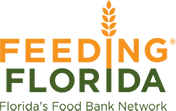EAT HEALTHY. SHOP SMART. BE WELL.
Florida Nutrition Education courses are designed to help individuals and families make healthy food choices and best use of their SNAP budgets. Participants learn how to make healthy meals, stretch their dollars at the grocery store, and make informed decisions about what they eat.
To get started, see our course calendars and enroll:
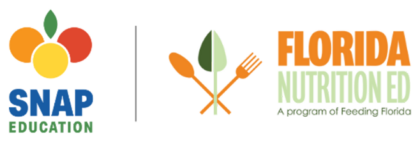
Meet The Teachers
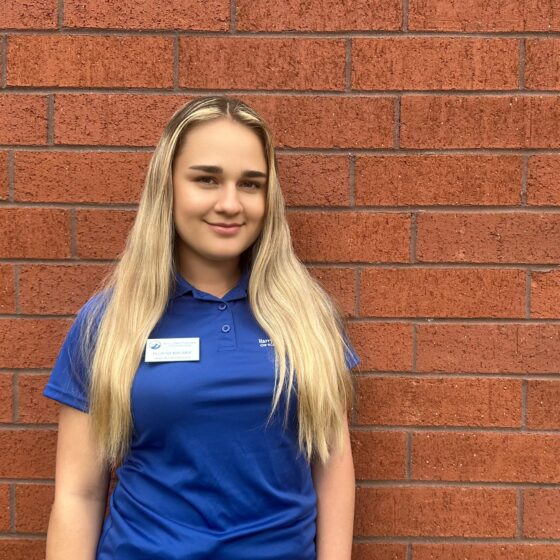
Florina Macarie
Q: What is your favorite class to teach?
A: My favorite class to teach is the MyPlate curriculum for families.
Q: What do you find most rewarding about teaching nutrition?
A: Out of the many rewarding experiences that come from teaching nutrition, being able to help shape people’s lives and aid them in choosing nutritious foods brings me great joy.
Q: What is one nutrition-related topic that you’re particularly passionate about and why?
A: The holistic route of nutrition is very interesting to me and I am very passionate about how an individual’s unique needs, lifestyle, and environment can create a personalized approach to eating.
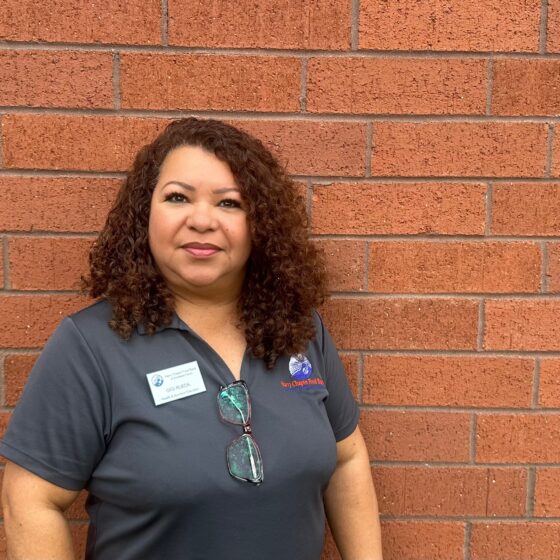
Ghislaine “Gigi” Rueda
Q: What is your favorite class to teach?
A: My favorite class is “Sugar Overload.” Love the reaction when participants are aware of the number of teaspoons of added sugars in foods and beverages they have been eating/drinking without noticing.
Q: What do you find most rewarding about teaching nutrition?
A: I love when participants ask questions and elaborate on making one change at a time because they would like to be able to improve and better their health as well as the health of their loved ones.
Q: What is one nutrition-related topic that you’re particularly passionate about and why?
A: “Fun with Fruits and Vegetables” because of the importance of eating the rainbow. Colorful fruits and vegetables will add different vitamins, minerals, and fiber that our bodies will enjoy at the same time. It will also prevent serious illnesses. Our body will heal and repair itself when we give it what it needs, including exercise and sleep.
FloridaNutritionEd.Org, a partnership between Feeding Florida and the Florida Department of Children and Families, formed to educate SNAP beneficiaries about good nutrition, smart spending, and a healthy lifestyle.
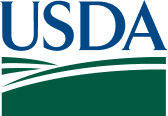
Non-Discrimination Statement | USDA
In accordance with federal civil rights law and U.S. Department of Agriculture (USDA) civil rights regulations and policies, this institution is prohibited from discriminating on the basis of race, color, national origin, sex (including gender identity and sexual orientation), disability, age, or reprisal or retaliation for prior civil rights activity.
Program information may be made available in languages other than English. Persons with disabilities who require alternative means of communication to obtain program information (e.g., Braille, large print, audiotape, American Sign Language), should contact the responsible state or local agency that administers the program or USDA’s TARGET Center at (202) 720-2600 (voice and TTY) or contact USDA through the Federal Relay Service at (800) 877-8339.
To file a program discrimination complaint, a Complainant should complete a Form AD-3027, USDA Program Discrimination Complaint Form which can be obtained online at: https://www.usda.gov/sites/default/files/documents/ad-3027.pdf, from any USDA office, by calling (866) 632-9992, or by writing a letter addressed to USDA. The letter must contain the complainant’s name, address, telephone number, and a written description of the alleged discriminatory action in sufficient detail to inform the Assistant Secretary for Civil Rights (ASCR) about the nature and date of an alleged civil rights violation. The completed AD-3027 form or letter must be submitted to USDA by:
mail:
U.S. Department of Agriculture
Office of the Assistant Secretary for Civil Rights
1400 Independence Avenue, SW
Washington, D.C. 20250-9410; or
fax:
(833) 256-1665 or (202) 690-7442; or
email:
Pr************@**da.gov
This institution is an equal opportunity provider.

